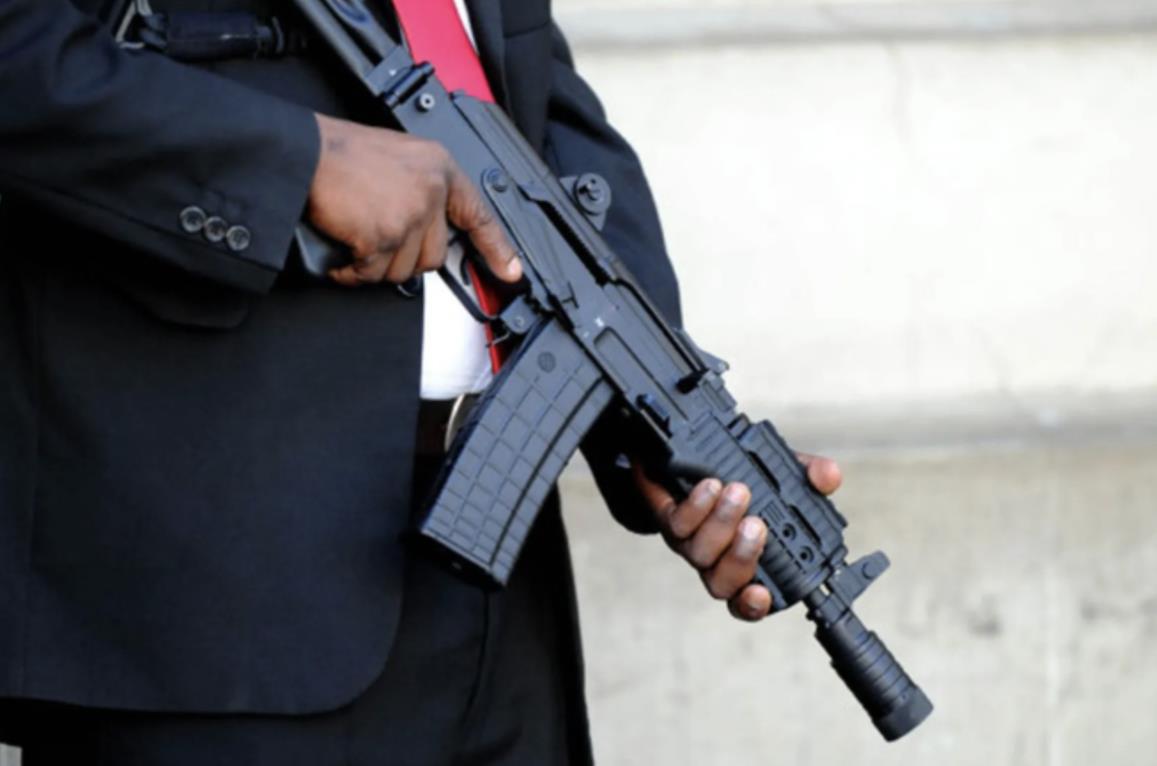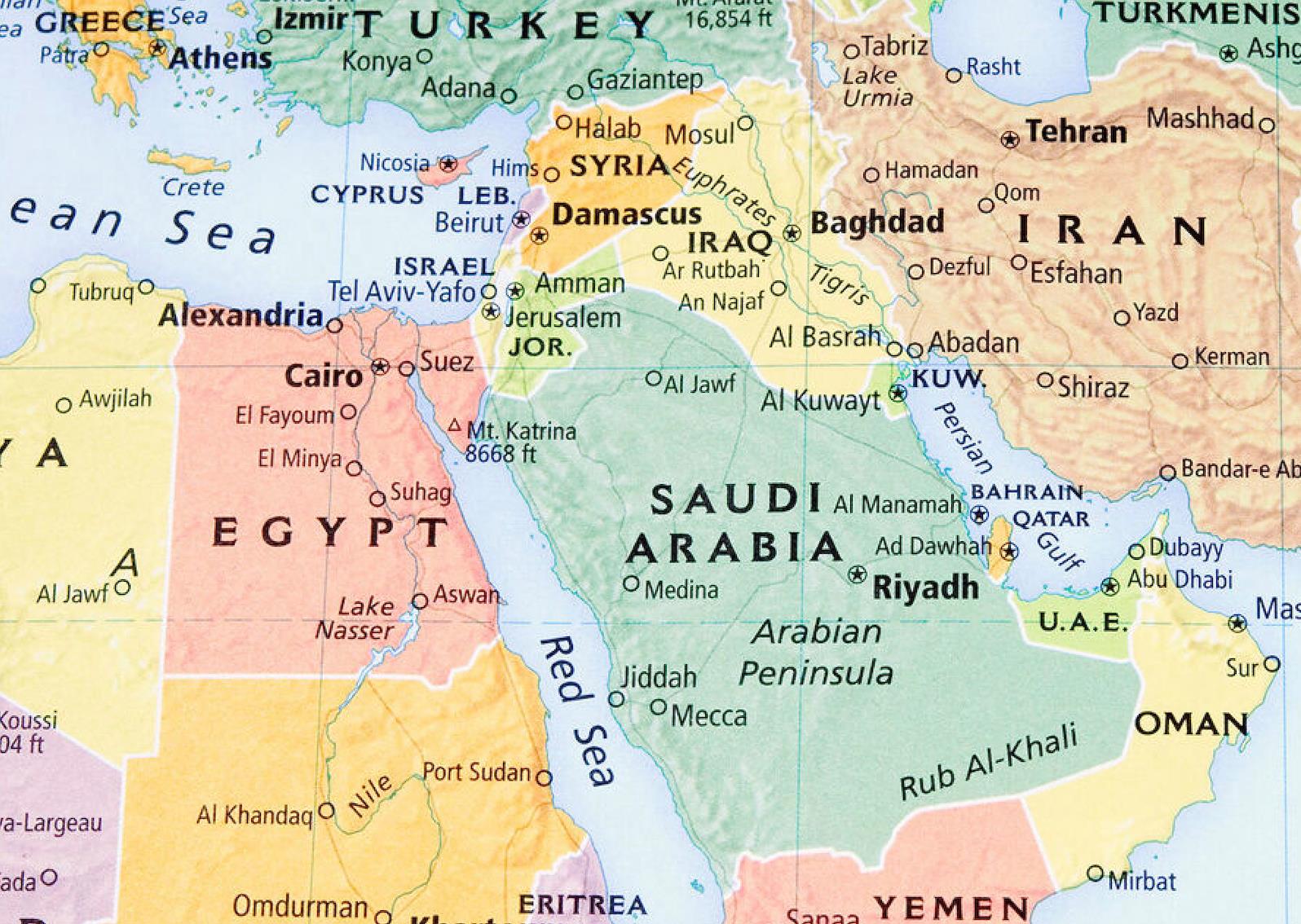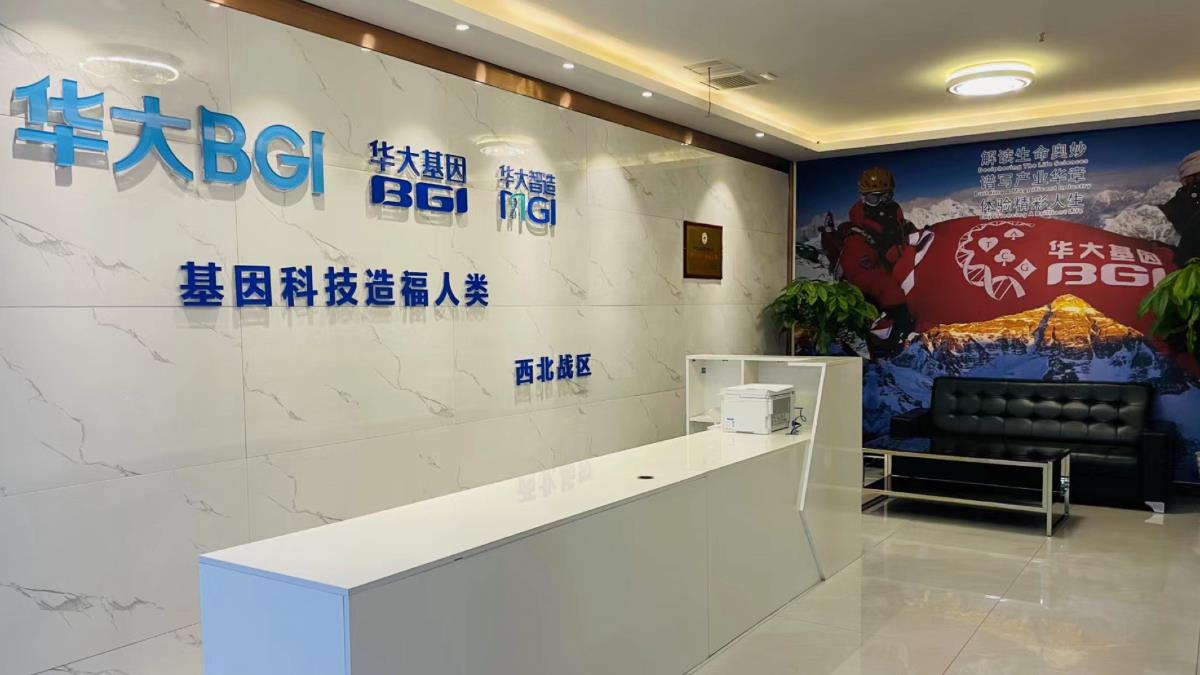
Bigger Than Blackwater: Privatization Of Security Goes Worldwide
The new $280,000 contract is just a drop in the bucket of the roughly $50 billion US private security industry and the $248 billion global market that is reshaping law enforcement worldwide.
While private military companies (PMCs) like Blackwater (now Academi) and Wagner have gained notoriety in war zones, private security companies (PSCs) are rapidly expanding in non-combat settings.
Despite some overlap between the two, PSCs generally protect assets and individuals. Often collaborating with law enforcement , the effectiveness and ethical standards of PSCs vary widely, and armed guards are increasingly common . Security guards in the US in 2021 outnumbered police by about 3:2.
Public policy is still playing catch up. Unlike police forces, PSCs operate under contract rather than direct taxpayer funding. They also don't have the same level of regulation, oversight, or accountability.
Criticisms of the police-such as excessive force and inadequate training-are frequently directed at private security officers as well. Many former police officers with controversial histories find employment in PSCs, where barriers to entry are low. Turnover, meanwhile, remains high, while wages are minimal. Yet the sector's ongoing expansion appears inevitable.
Government forces and private security forces have been a part of society for millennia. Government forces mainly responded to unrest rather than preventing crime, often relying on volunteers.
Private security options included hiring guards and bounty hunters, while communal efforts like the“hue and cry”-where villagers collectively chased down criminals- were also common ways of enforcing security.
With increasing urbanization, though, traditional law enforcement methods became less effective, prompting the creation of the first modern police force, the London Metropolitan Police, in 1829 . Distinct from the military, more accountable to city authorities and business interests, and focused on crime prevention, this model was adopted by Boston in 1838 and spread to nearly all US cities by the 1880s.
The emergence of public police forces coincided with the birth of the modern private security industry. Founded in the US in 1850 , the Pinkerton National Detective Agency, as it was eventually called, is considered the first modern PSC.
With its nationwide reach, investigative expertise, and role in safeguarding companies, Pinkerton distinguished itself by protecting businesses from theft, vandalism, and sabotage.
Its controversial role in events like the Homestead Strike of 1892, when the company“essentially went to war with thousands of striking workers,” led to greater regulatory scrutiny, but the company continued to drive industry growth.
After World War II, the rise in PSC use within US residential communities boosted demand, further accelerated by the racially tinged civil unrest of the 1960s and 1970s , which spurred private initiatives to police cities.
The 1980s brought deregulation and professionalization, as many corporations established in-house security departments and PSCs prioritized hiring former law enforcement officers over those with military backgrounds.
Today, private security has a global presence, providing services ranging from bouncers and bodyguards to crowd control units and specialized armed teams. PSCs are generally cheaper than using police forces, and the widespread adoption of surveillance and other technologies has increasingly leveled the playing field.
However, private personnel primarily serve as a visible deterrent, discouraging crime through their presence rather than direct intervention. They are often focused on monitoring and patrolling, which can divert criminal activity rather than resolve it. As the demand for private security grows, debate continues over their role and broader societal impact.
US ratios of police staffing to civilian population peaked around the early 2000s , and police agencies say shortages are now widespread . As police departments have struggled to boost their ranks, PSCs have filled the gap.

Legal Disclaimer:
MENAFN provides the
information “as is” without warranty of any kind. We do not accept
any responsibility or liability for the accuracy, content, images,
videos, licenses, completeness, legality, or reliability of the information
contained in this article. If you have any complaints or copyright
issues related to this article, kindly contact the provider above.




















Comments
No comment